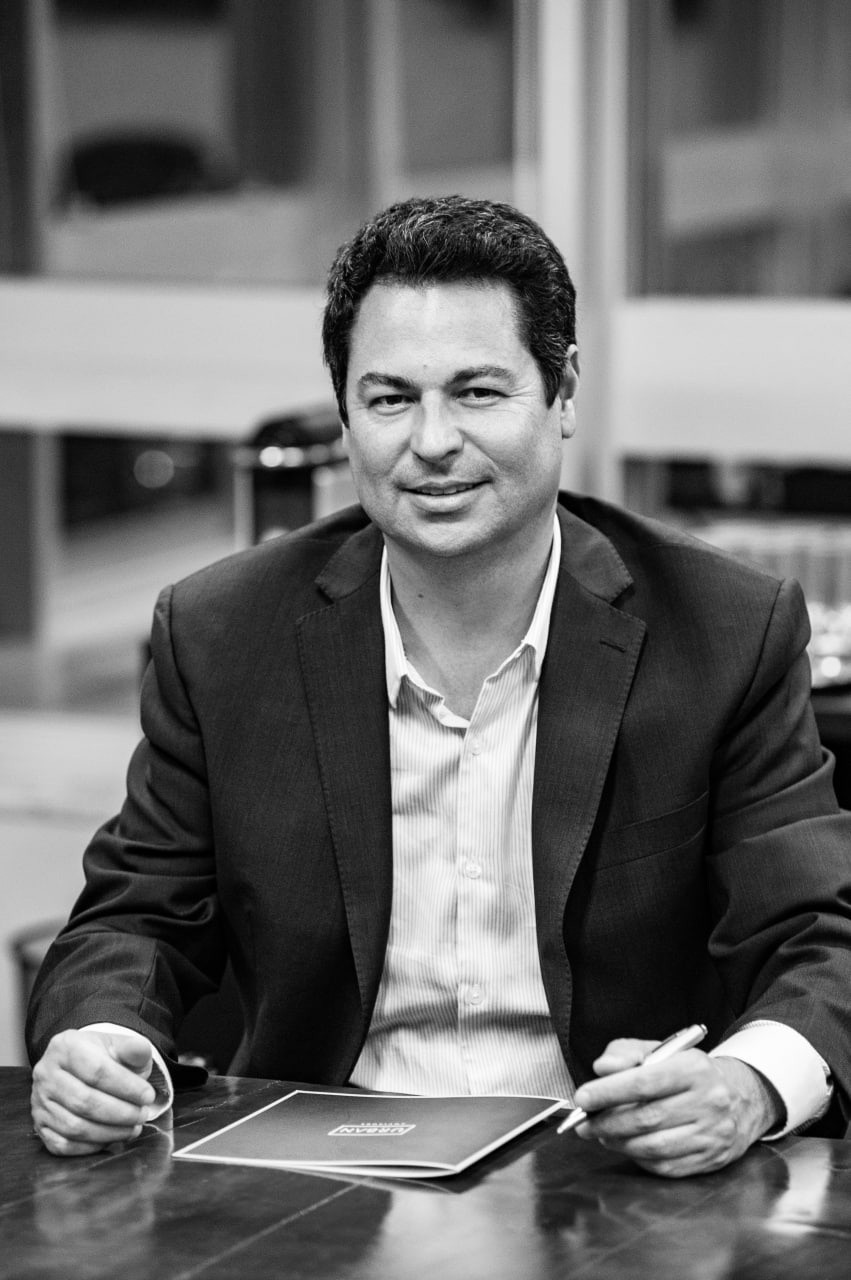
What is the secret to creating a great company? For Patrick Lucchese, founder and director of Urban Advisors, it all comes down to choosing your clients carefully.
Urban Advisors has a niche specialty of guiding family businesses through the initial public offering process, which can be notoriously difficult to navigate. After working his way up the ranks of internationally respected corporations, Patrick Lucchese discovered his calling by combining his experience working for his family's business and undergoing an IPO with the Brazilian construction company Rossi Construcoes. But to achieve the kind of success that Urban Advisors has enjoyed, it takes more than simply discovering a passion.
Real success means finding the right client-company fit in every single encounter, Lucchese said.
"We are a boutique investment company. We could get a lot more clients, but we're very selective because we work only with business that we can assure success. That means that we have to believe in the business, believe in the ownership, and believe that we can help them navigate the change from being a privately held business to a publicly traded organization," he said.
That plan may go against the grain of traditional advice. Many entrepreneurs spend too much time trying to appease clients that aren't the right fit for their services or products, Patrick Lucchese explained. Not only does trying to please everyone often lead to lose-lose circumstances, it can cause worker burnout and make your business less valuable in the long term.
A better solution, he said, is to be selective about your clientele - and make it worth their while. In the case of Urban Advisors, the company operates on a different payment model than most other firms in the market.
Patrick Lucchese's 'Success Fee'
"We only have a success fee," Lucchese revealed. "We don't work on a monthly fee, or any other type of compensation before the operation goes through, no matter if that's an IPO or [mergers and acquisitions], or whatever project that we are working on.
"So it's different from other companies or the other advisers in this market. Most advisers in this market, they charge a fee during the project, and then they have a success fee when the project goes to completion. So, you're effectively paying them twice. In our case, we don't do that. We really have to believe that we can make the project happen for our clients. We really believe that we can do that IPO, or we can really do that M&A. So that's why we are selective."
Instead of a stable of hundreds of clients that all get a similar, preplanned solution, Urban Advisors caters each project to the client's business and family. The family part is the differentiator. Urban Advisors works hard to ensure that the people at the center of the business understand the process and are set up to benefit from the deal.
"We understand that entrepreneurs don't just want to achieve future business goals, they also want to achieve goals for their family, in most cases," Patrick Lucchese said. "When you have a family, you have people that are all partners or employees of the company, and maybe some that are not directly in the company, but have interests in it or benefit from it. And we are very good at helping them to organize and formalize roles. Each company has different needs. Sometimes, we have to organize the policies for payment of these executives that are partners. Some companies, they don't have a process to provide dividends to the family members, so the family outside the company is working class, but the company is rich. So, we try to help them to demonstrate how other family companies move into public companies, how they did it, how they organize their different policies, their compensation packages for the executives and so on."
Keeping its client list curated allows Urban Advisors to focus on providing exemplary service to every project it takes on. Currently, the firm has around 25 clients, thanks to its ultra-selective criteria. While the firm is always taking on new clients, the vetting process is intensive and involved.
Before signing a new company, Patrick Lucchese and his team sit down with the owners of the company, look through the financial details, and ask a series of questions to help them determine whether or not to take the job.
"If we meet with a company and we don't believe in that company, we don't take them on as clients. This is our big guideline. When we are talking to a potential new client, we really try to understand the business and see if we believe in the business, to see if we really would buy their stock if we were investors," he said. "We are very close to investors, public investors, and private investors. So we know how they think, we know what they're looking for in a company. So we always try to do this exercise to see: If we were the investor, would we buy it?"
© 2025 NatureWorldNews.com All rights reserved. Do not reproduce without permission.





